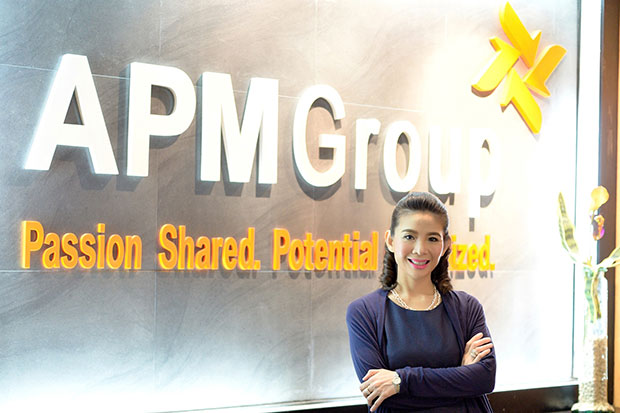
Thai business is at a crossroads. The rapidity of information, the advancement of communication and technology, the great diversity in the workforce and thriving Asean markets all reinforce the dramatic change that holds great promise but also poses major challenges. Meeting these challenges requires proactive learning and adaptation as well as a next-generation approach to developing future leaders.
Research and the conversations I have had with many executives certainly indicate that most Thai organisations have not yet identified enough next-generation leaders to meet future demands.
What’s worse, it seems like the current leadership development approaches, which consist mainly of training and workshops, cannot produce great leaders fast enough. These approaches are rather outdated and do not significantly change behaviour, nor can they produce practical results that can be implemented in the day-to-day workplace.
Simply put, we can agree that Thailand does not have enough leaders and we have no way to build them. At the same time, there are not enough leaders in the market available to be brought in.
The question is, what challenges do we need to be aware of when we set out to develop future Thai leaders in order to better outline and plan a more effective next-generation approach?
First of all, we need to agree that there is only a limited number of people with sufficient capabilities who can realistically be selected and included in this leadership talent pool; thus, instead of building bigger pools, let’s improve the capabilities of existing talents so that they become better talents.
At the same time, we need to find approaches to keep these talents learning, or else they will become less enthusiastic and motivated as time goes by.
The next challenge relates to the speed at which we can apply existing knowledge. The truth is, just because a person can finish reading 100 books in a day, it doesn’t necessarily mean he or she has the ability to learn fast. The speed of acquiring theoretical knowledge is not as critical as the speed of applying what you already know.
Ask yourself whether you can ever learn as fast as the world that is constantly changing. This is because in a world that never stops changing, people can never stop learning and they need to learn faster. Thus, the new development method should be designed to encourage the ability to apply knowledge rather than acquire it, so future leaders can overcome this challenge more easily than those who are merely equipped with theoretical knowledge.
The next challenge is limited time. It is difficult for leaders to attend every training session or learn everything in order to improve their capabilities. Instead, you should establish an outcome-based leadership development approach that does not focus merely on equipping leaders with knowledge and skills. This way, you will get a systematic development approach that requires fewer resources and meets business needs more effectively.
Lastly, the demanding nature of globalisation requires leaders who are comfortable operating among various cultures. This poses challenges for Thai companies that wish to be able to compete on the global stage. Hence, it is critical to plan to develop future leaders with cultural sensitivities and collaborative skills.
Given the increasingly complex business environment, future leaders need to be truly capable of managing whatever an uncertain future throws at them, which means that the approach to developing them needs to be changed as well.
Also, the most sought-after jobs today didn’t even exist 10 years ago. Likewise, it’s impossible to predict precisely what skills will be in highest demand 10 years from now; thus, those who continually improve their skill sets, or those who can learn and apply knowledge faster, will be best positioned to reap the benefits and seize the opportunities in the near future.
Now that you know these challenges, the next step is to find a better approach to developing leadership capabilities that can meet current and future business needs in terms of speed, outcomes and, obviously, effectiveness.
-------------------------------------
Arinya Talerngsri is Group Managing Director at APMGroup, Thailand's leading Organisation and People Development Consultancy. She can be reached by e-mail at arinya_t@apm.co.th or https://www.linkedin.com/pub/arinya-talerngsri/a/81a/53b
For daily updates, visit https://www.facebook.com/apmgroupthai